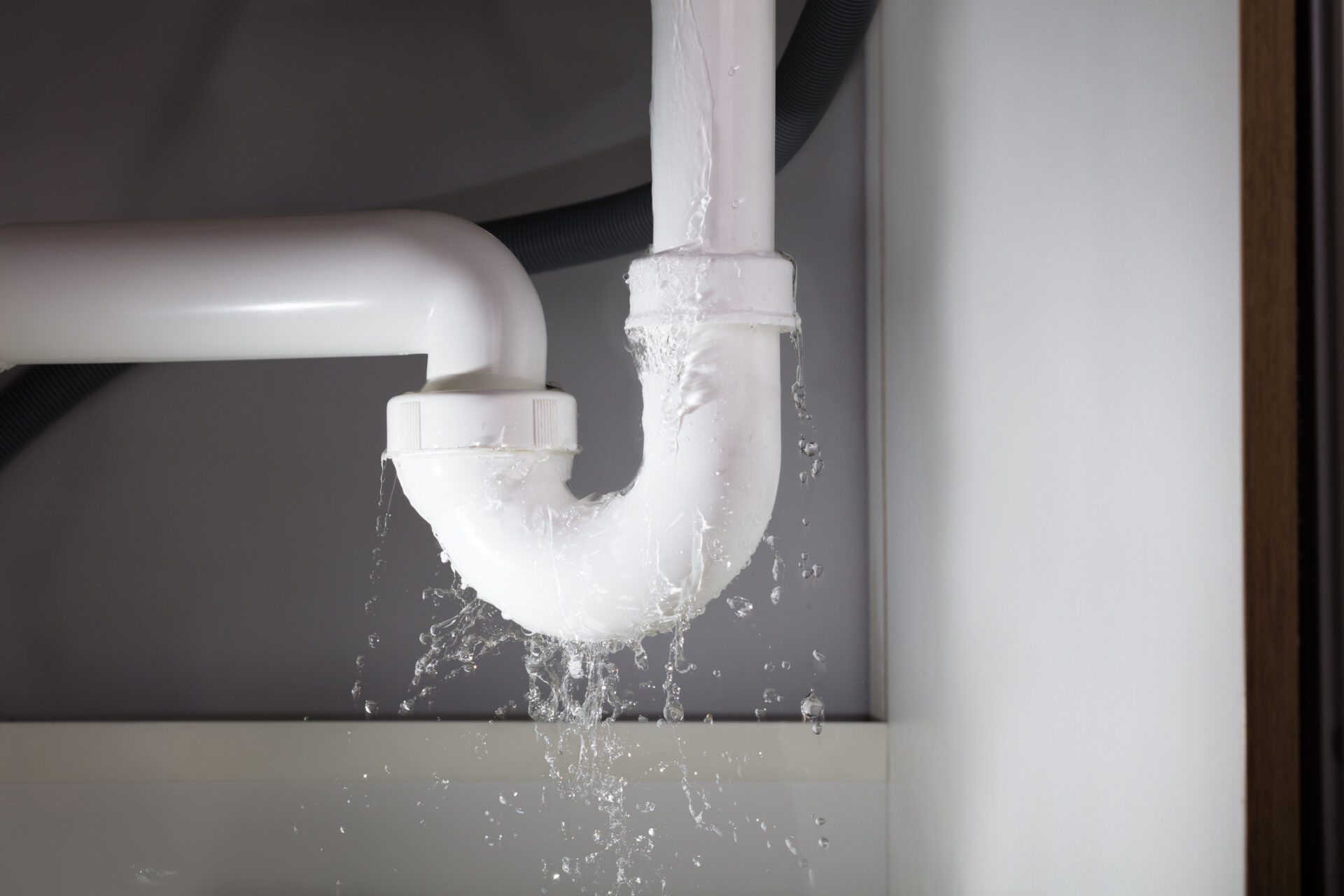How to Detect and Prevent Water Leaks in Your Home

Leakage in your plumbing is an expensive and potentially dangerous problem to have. Even just one leaky pipe can cause massive damage to your walls, leading to harmful mold and structural instability. This guide will help you better understand how to spot and prevent troublesome leaks in your pipes as well as what to do about a leak once one has already formed.
Tips for spotting a water leak:
Watch the water bill.
Assuming you pay a monthly water bill, this is usually the first indication that there could be something wrong with your plumbing. Watch for large spikes in your water bill that cannot otherwise be explained. For instance, the average family uses more water in the summer than in the winter, so first make sure your excess water usage isn’t because of your kids’ Slip ’N Slide™ or biweekly water balloon battles. Even one leaky faucet can make a sizable impact on the amount of money you pay every month.Carefully examine your lawn for patches of greener grass.
If one area of your yard seems to be doing much better than the rest, this could mean you have a leak in one of your buried water lines. An especially large leak could even cause puddles to form on the surface of these patches, so beware of random muddy spots in your yard that cannot be explained by rainy weather.Check your appliances and water fixtures.
If you suspect a leak, you should investigate the cabinets that hide the pipes for your household sinks. If you find any wetness there, you probably have a leak. Additionally, make sure you look for puddles near any of your water fixtures, as that is another telltale sign of water leakage.Look for wall discoloration.
Any unusual water stains on ceilings and walls are cause for concern. This could mean your roof is leaking, but provided it is not actively raining, you most likely have a leaky pipe instead. You may also notice a soft dripping sound or a musty smell with this type of leak.Dealing with a water leak:
Once you’re positive that you have a leak, move all belongings away from the source of the leak and call a plumber. Depending on where the leak is, it may be possible to use a bucket or a wet vacuum to contain the water until the professional arrives. Here are some safety tips to keep in mind while you wait:- Do not use any utilities near the leak, especially electrical ones. Doing so puts you at serious risk for electrocution.
- Dispose of or dry out any possessions affected by the leak. Mold and mildew thrive in wet environments.
- If the leak is extreme, immediately locate your meter box and turn the shutoff valve. This will cut off water to your house and prevent any more damage from occurring.